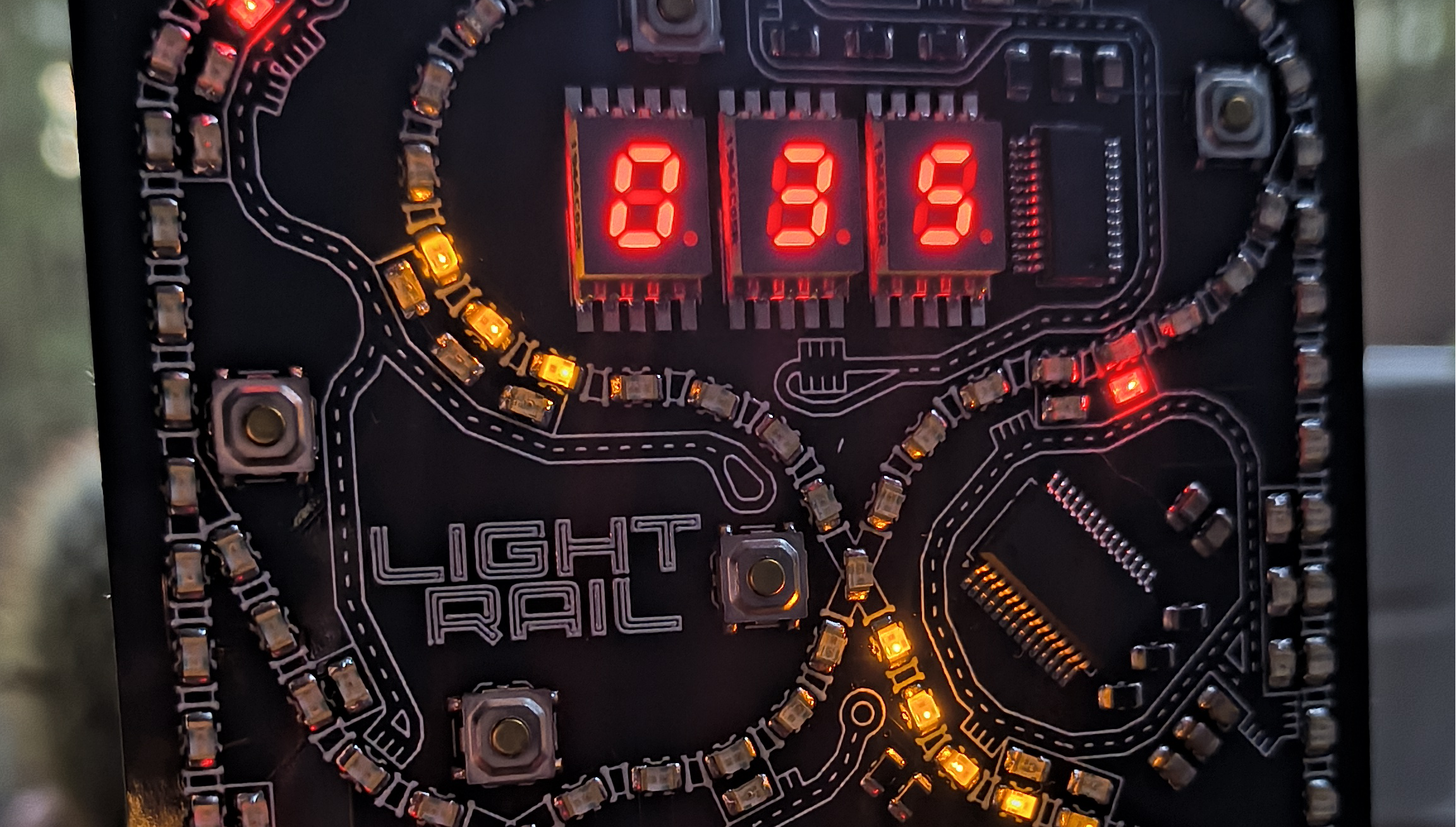Aptos Proposes Reduction in Staking Rewards to Foster Development

Aptos, a Layer 1 blockchain, has put forth a new governance proposal aimed at reducing staking rewards from the current rate of approximately 7% to a lower 3.79% over a span of three months. The primary goal behind this reduction is to incentivize more active development within the network.
This governance proposal, identified as AIP-119, was co-authored by Sherry Xiao, who serves as the head of production engineering at Aptos Labsthe organization responsible for the development of the Aptos blockchainand Moon Shiesty, a developer engaged with the Mirage protocol, which is based on both Aptos and Movement.
The rationale behind the proposed decrease in staking rewards is explained in the document: "Lower staking rewards encourage participants to seek out opportunities that have associated costs or risks but can yield greater rewards than the 'risk-free' staking rate." In this context, the proposal highlights potential avenues for growth such as restaking, DePIN (Decentralized Physical Infrastructure Network) infrastructure, and MEV (Maximal Extractable Value).
As it stands, Aptos offers a staking yield of roughly 7%, which surpasses Ethereum's yield of 3.1%, as reported by Ultrasound.money. However, it is noteworthy that this yield is less than the approximately 15% that Cosmos offers for ATOM stakers, and is comparable to Avalanche's AVAX stakers, who receive around 7.6%.
Despite these attractive yields, the proposal authors recognized that lowering the staking rewards could have adverse effects, particularly on smaller validators operating within the Aptos ecosystem. A validator node operator raised a valid concern, stating, "A reduction in inflation, without compensatory mechanisms like a robust delegation program, could effectively push smaller operators out of the networkundermining decentralization and long-term resilience." This sentiment reflects a wider anxiety within the community regarding the potential implications for network stability and fairness.
In light of these concerns, Shiesty urged for the Aptos Foundation to initiate a stake delegation program, similar to the stake matching model employed by Solana. This initiative could help shield small validators from the anticipated revenue loss stemming from the proposed AIP-119. He further emphasized the need for Aptos validators to explore alternative revenue models, such as RPC (Remote Procedure Call), MEV opportunities, bundles, and indexing, as these could provide more sustainable sources of staking yield than those derived solely from emissions.
Moreover, Xiao indicated that the Aptos Foundation should consider reviewing its current stake delegations, with an emphasis on removing validators who are not actively contributing to the networks progress. She mentioned, "Rebalancing stake toward more active and engaged participants would better align incentives with our goal of supporting the long-term growth of the network." This suggestion points to a desire for a more engaged and productive validator community, which could enhance the overall health of the Aptos ecosystem.
Interestingly, the Aptos proposal surfaced shortly after a similar initiative, SIMD-228, was rejected by Solana validators in March during a historic vote. This measure aimed to replace Solanas fixed inflation rate with a dynamic model that would be tied to staking participation rates. Critics of SIMD-228 argued that such a change could threaten decentralization by driving smaller validators away, a concern that closely mirrors the apprehensions expressed in the Aptos discussions. Both networks face significant operational costs associated with their validator structures, primarily due to the complexities involved in their architectures.
Shiesty noted a critical distinction between the two proposals, stating, "SIMD-228 was intended to stabilize inflation. This AIP is intended to reduce staking rewards." He expressed confidence in the stability of the staking rate on Aptos, indicating that stabilizing inflation is not an immediate concern. The authors of AIP-119 intend to gather community feedback over the next four weeks before formally submitting the proposal to the mainnet for consideration.
This proposal in particular, based on feedback so far, seems to have a lot of community support, remarked Shiesty, indicating optimism about the proposal's acceptance within the community.
Disclaimer: The Block is an independent media outlet dedicated to delivering news, research, and data. As of November 2023, Foresight Ventures holds a majority stake in The Block and has investments in various companies within the crypto sector. Crypto exchange Bitget is a key Limited Partner for Foresight Ventures. The Block maintains its independence to provide objective, impactful, and timely information regarding the cryptocurrency industry.
2025 The Block. All Rights Reserved. This article is intended for informational purposes only and should not be construed as legal, tax, investment, financial, or other professional advice.



























